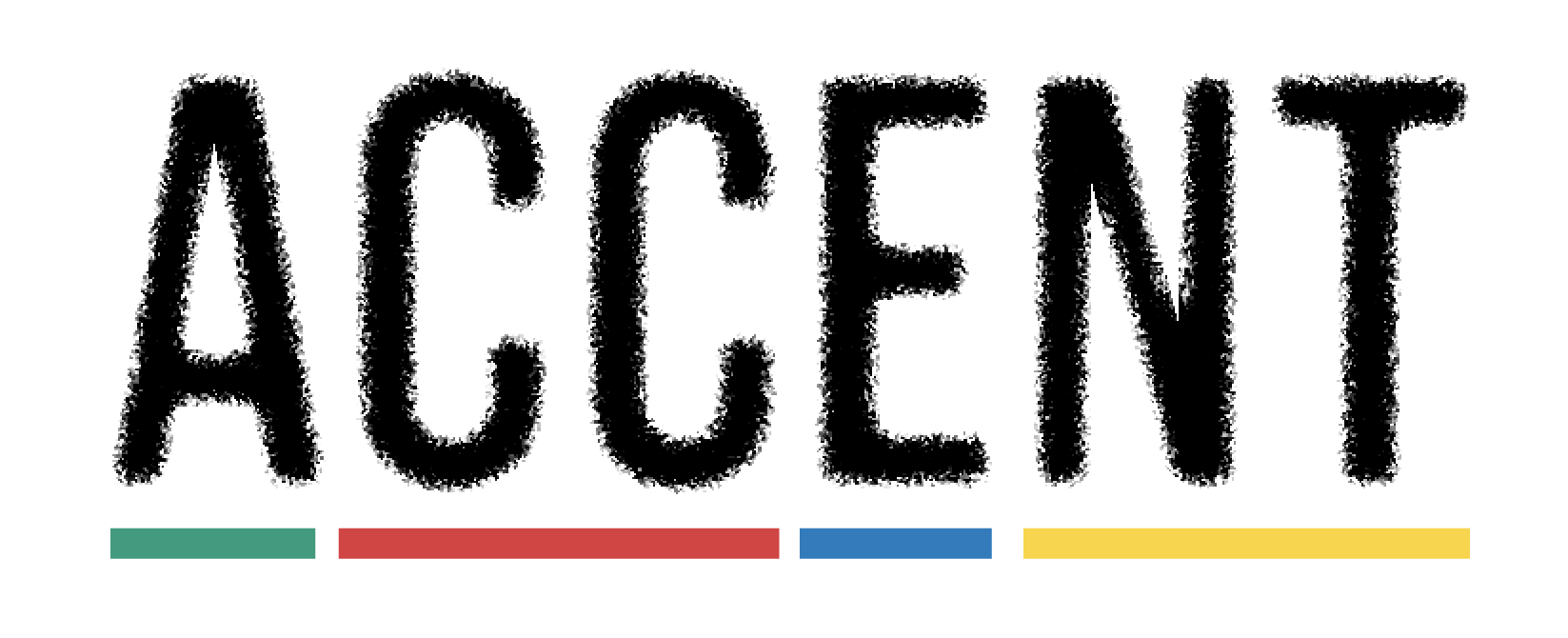Tag: #CommunityNews
-

Juneteenth: History to Present Day
Juneteenth marks our country’s second independence day. Although it has long been celebrated in the African American community, this monumental event which is also known as “Black Independence Day” and “Texas Emancipation Day,” is beginning to see mainstream celebrations. While the holiday was informally commemorated for years, Texas became the first state to honor the…
-
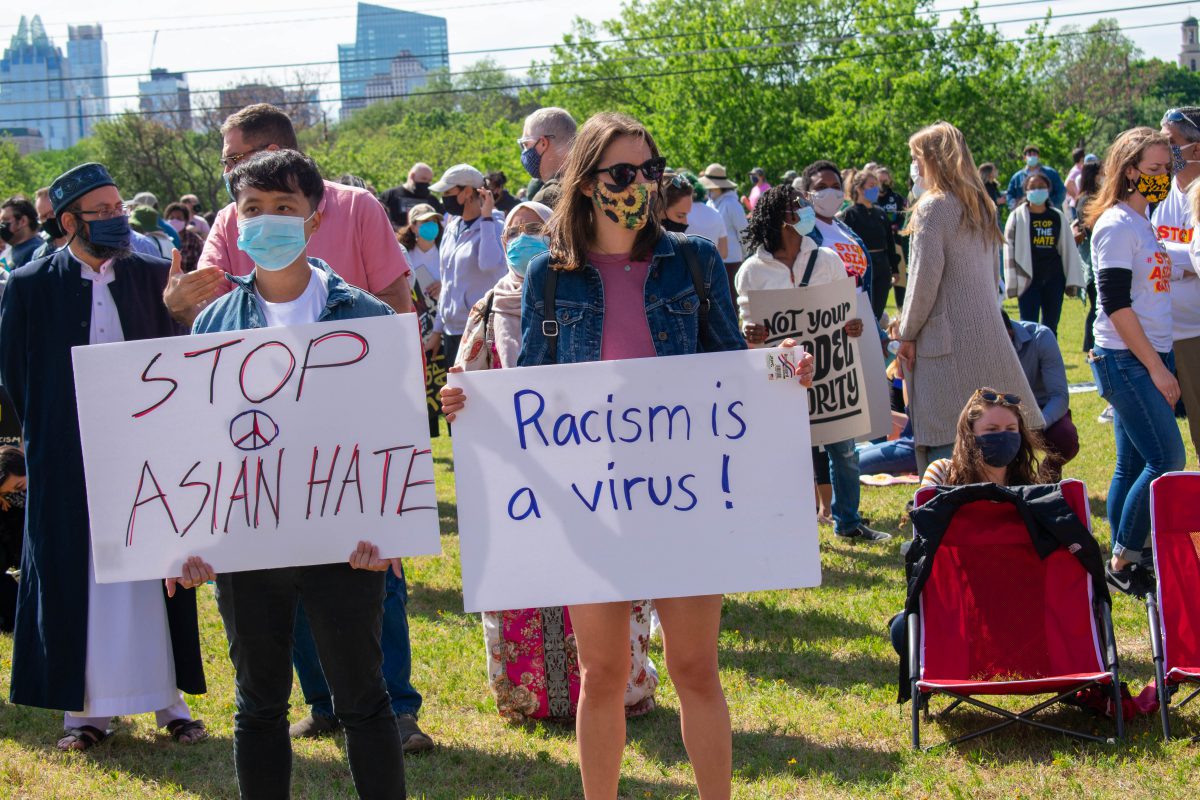
Taking Initiative: Why, and How Students Should Start Honoring Asian Heritage This Month
ACCENT spoke to Asian-American career counselor, Shun-Heng (Henry) Tsai, TV production major student Opal S. Framnes, and engineering student Alex Hsu who spoke on several aspects relevant to Asian American heritage month.
-

COVID-19: How a Pandemic Changed The Way We Live
Whether a student or a professor, or working at an office, or at a store, life has changed. As the number of cases in Travis and Williamson County continues to rise, life will continue to be different and will never be the same.
-

LGBTQIA+ Breaking Down the Acronym
In recent years, more and more letters have been added to the acronym. But what do they mean? ACCENT sat down with Matthew Campbell, the co-chair of LGBT Equities committee, to discuss what exactly goes into LGBTQIA+.
-

The Time I Realized I’m a Minority
According to the Austin Community College Fact Book, minority students make up over half the percentage of total students who were enrolled in the spring 2020 semester.
-

-

The LGBTQIA2+ Community: Our Pronouns, When and How To Use Them
The primary reason why the LGBTQIA2+ communtiy and pronouns matter is because it creates a positive impact on mental health, emotional well-being and quality of life for those a part or allied with the group.
-
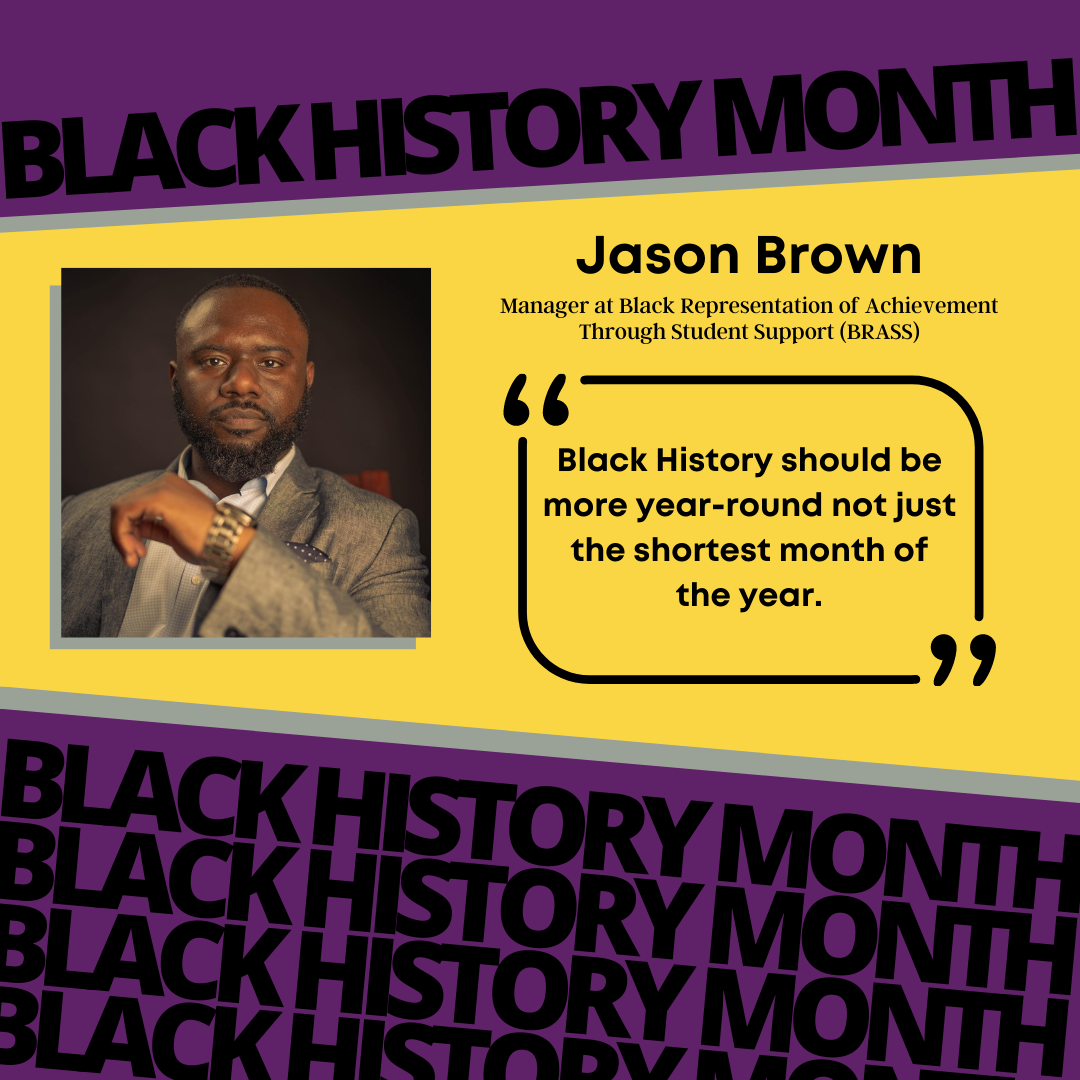
Empowering Black Communities Beyond One Month
ACC will be celebrating Black History Month and the importance of what it means to the College and Austin.
-
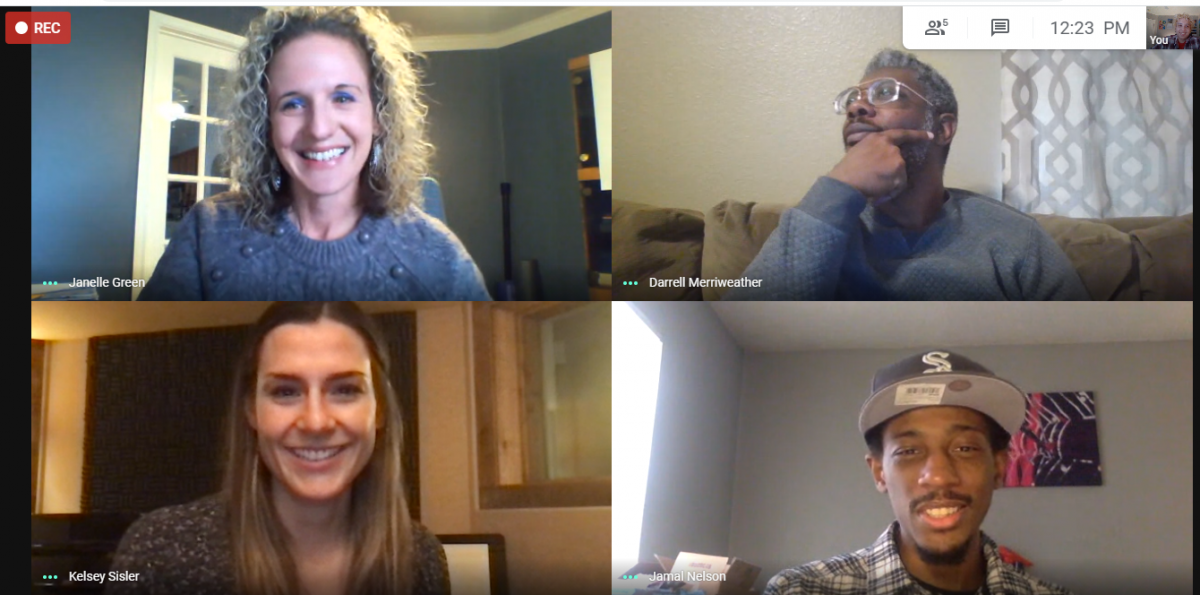
Leadership Conference Aims to Build Students’ Confidence
Austin Community College Student Life is kicking off 2021 with the first annual Student Leadership Conference! This web-based convention allows ACC students to attend panels, meet with guest speakers, and network with their fellow peers. ACCENT met with organizers of this event, students, and guest speakers to get the scoop.
-
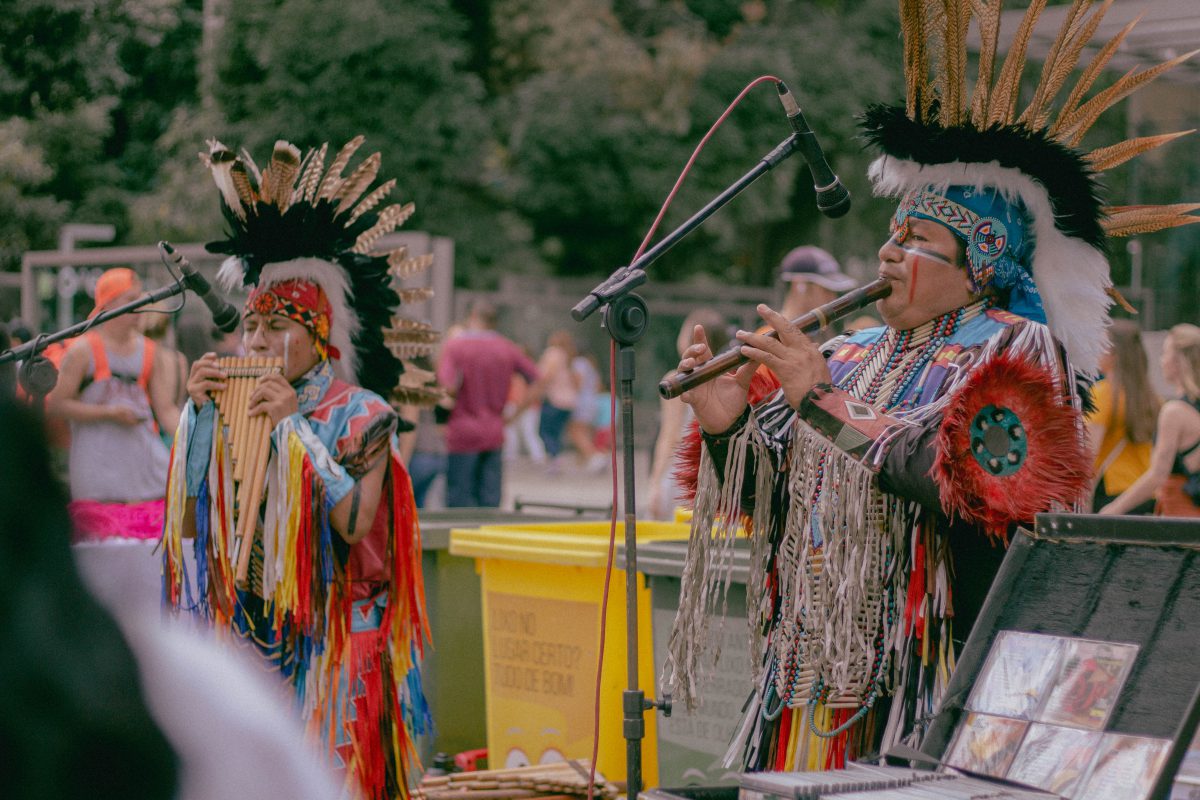
Indigenous Peoples Day: Importance of Heritage & Pride
The second Monday of October has been identified as Columbus Day since the year 1937; however, since 1977, many individuals have begun to call this day Indigenous Peoples’ Day to celebrate the lives and culture of Native Americans.
